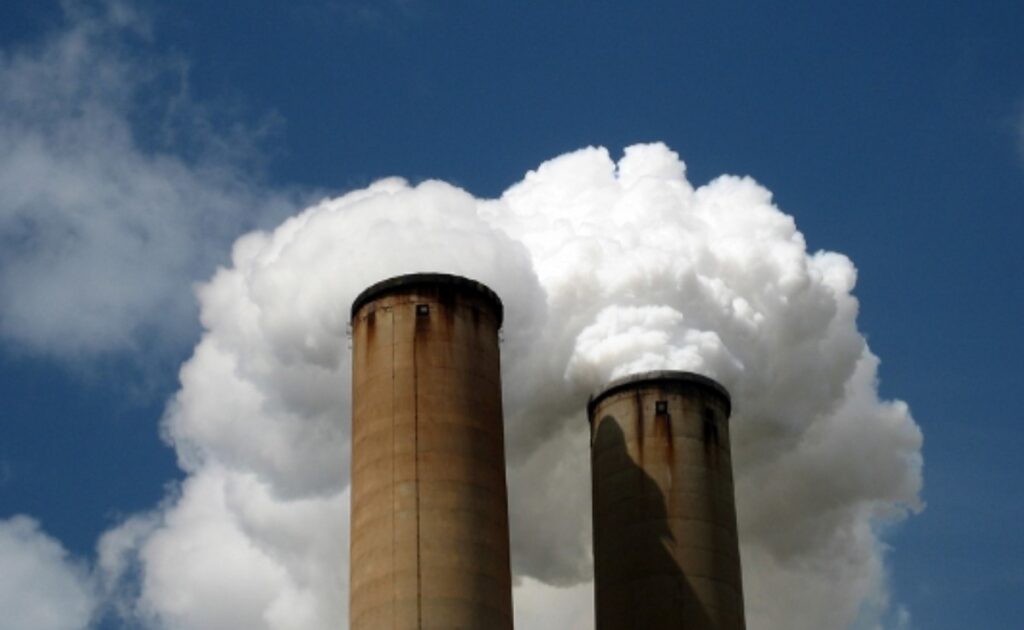The House of Representatives passed a bill on Monday that would overturn a key environmental regulation issued by the Biden administration. The bill, H.R. 1, aims to prevent the Environmental Protection Agency (EPA) from setting standards for greenhouse gas emissions from vehicles, which the agency announced in November.
The EPA rule, which is part of Biden’s climate agenda, would require automakers to increase the fuel efficiency and reduce the carbon pollution of new cars and light trucks by 2026. The rule would also create incentives for electric vehicles (EVs) and charging infrastructure, as well as penalties for gas-guzzling vehicles.

The EPA estimates that the rule would save consumers $120 billion in fuel costs, reduce oil consumption by 200 billion gallons, and cut carbon dioxide emissions by 2 billion metric tons over the lifetime of the vehicles. The rule would also help the U.S. meet its commitments under the Paris Agreement, which aims to limit global warming to well below 2 degrees Celsius.
Republicans claim the rule is an EV mandate and a threat to energy security
However, Republicans and some Democrats oppose the EPA rule, arguing that it is effectively a mandate for EVs and a threat to the nation’s energy security and economy. They claim that the rule would raise the cost of vehicles, limit consumer choice, and make the U.S. more dependent on foreign sources of critical minerals and electricity.
The bill, sponsored by Rep. Cathy McMorris Rodgers (R-Wash.), the ranking member of the House Energy and Commerce Committee, would prohibit the EPA from using its authority under the Clean Air Act to regulate greenhouse gas emissions from vehicles. The bill would also nullify the EPA rule and any similar regulations issued in the future.
The bill passed the House by a vote of 225 to 204, with four Democrats joining the Republicans in favor of the bill and one Republican voting against it. The bill is unlikely to pass the Senate, where Democrats have a slim majority, and Biden has vowed to veto it if it reaches his desk.
Environmentalists and automakers criticize the bill as a step backward
Environmentalists and some automakers have criticized the bill as a step backward for the fight against climate change and the transition to clean energy. They argue that the bill would undermine the innovation and competitiveness of the U.S. auto industry, which is facing increasing pressure from China and Europe to produce more EVs and reduce emissions.
They also point out that the bill would ignore the public health benefits of reducing air pollution, which causes thousands of premature deaths and illnesses every year. According to a study by the American Lung Association, the EPA rule would prevent 18,500 premature deaths, 25,000 asthma attacks, and 240,000 missed work and school days by 2050.
The bill has also drawn opposition from some states and cities that have adopted their own standards for vehicle emissions, which are aligned with the EPA rule. The bill would preempt these standards and prevent them from being enforced. California, which has the authority to set its own standards under the Clean Air Act, has sued the Trump administration over its attempt to revoke this authority and has vowed to defend it against the bill.
